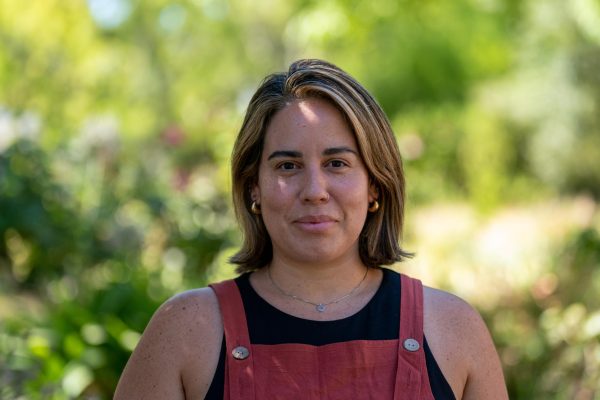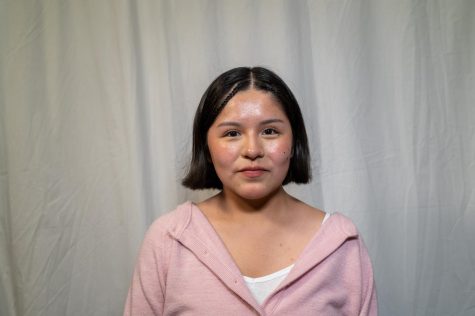Sleep. School. Work. Cry. Repeat. Janet Rivera, a second-year Santa Rosa Junior College student, takes five classes, all in person, and then heads to work evenings and weekends.
The constancy of work and school left Rivera, 20, in a perpetual cycle of burnout, lacking motivation to do simple tasks and even the energy to hold conversations with friends.
“I think when you’re burned out, you just want to sleep in, and everything’s 100 times harder than it has to be, even from the little task of just getting up and getting ready,” she said.
After graduating high school during the COVID-19 shutdown in the spring of 2020, Rivera enrolled at SRJC the following fall but found herself confused as to why she couldn’t understand the material in her online Zoom class. Although she loved interacting with each of her professors, she suffered from panic attacks every time she had to hit the unmute button.
It wasn’t the college experience she had dreamed of, so Rivera did what many students felt was the only choice they had during the pandemic: she quit. Instead, she worked two jobs, logging 60-hour-plus workweeks. She returned to SRJC, keeping both jobs — at first.
“I believe that’s when I was at my lowest and felt the most burnout,” Rivera said.
Student burnout can be described as a state of physical, emotional and mental exhaustion caused by excessive and prolonged stress. It’s no secret that these last years have been trying for most, as students learn to readjust to life outside of the pandemic bubble while also seeking ways to return to in-person school.
According to an April 2020 survey from UNESCO published on research.com, one in five college students in the U.S. reported a significant decline in their mental health during the pandemic. Over three quarters of households with high school or college students had educational disruptions due to COVID as well, and 80% of students suffered increased stress due to these disruptions.
For many students, returning to in-person instruction has brought its own unique set of challenges. “It gave me a lot of anxiety being back around other people,” Rivera said.
“We all have a container in which we continue to put stress and all these responsibilities that we have in life like work, school, family, kids,” said SRJC therapist Brijida “Brijit” Alemán. “We expect everything to be OK by putting a lid on the container, but it fills to a point where we can no longer add to it.”
Alemán noted that students are still coming to her feeling overwhelmed with symptoms of anxiety and depression. She offers them methods to manage their stress so that they can find a balance between work, school and life. “We all have to know what our best support system works for us is, whether it’s talking to family or hanging out with friends,” she said.
Rivera knew she couldn’t maintain the status quo and she was determined to finally end her burnout cycle. She quit one of her jobs and used that time to focus on self-care. That meant she could sleep, exercise and enjoy time with friends. Ironically, taking time for herself made her more efficient at everything she did.
“Being productive gets me in the rhythm of things,” Rivera said. “You can go to the gym, you can take care of yourself, you can go with friends and go on a hike or something like that. I really now try to make sure I take time from work and prioritize school and myself.”
Reporter Jaime Jauregui contributed to this article.






